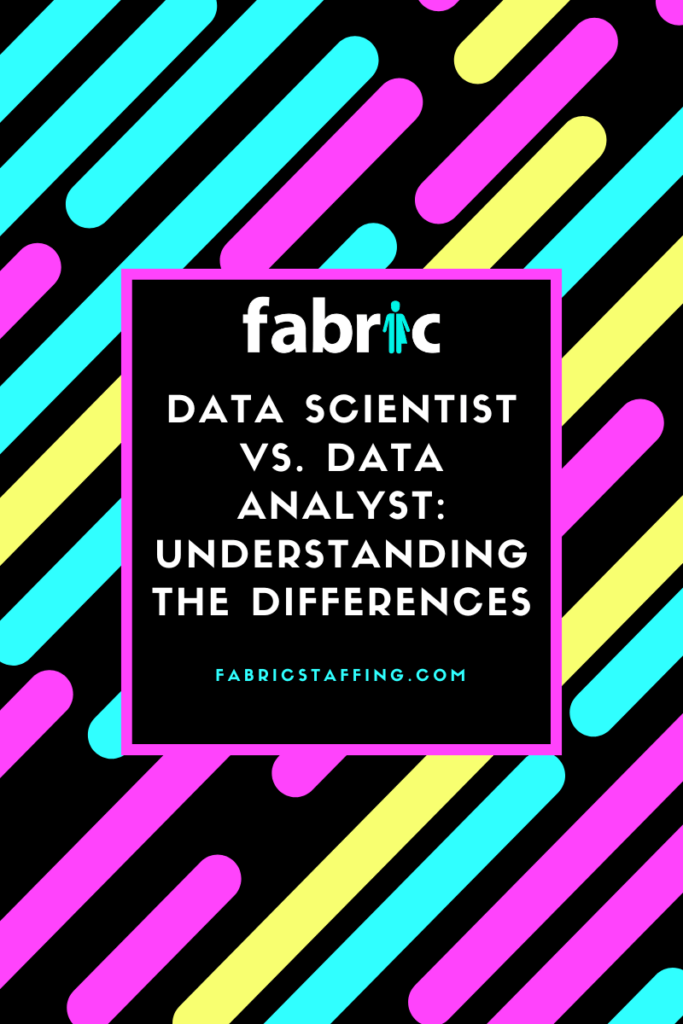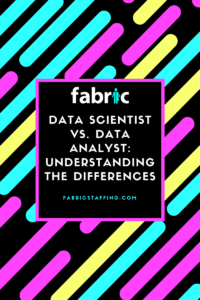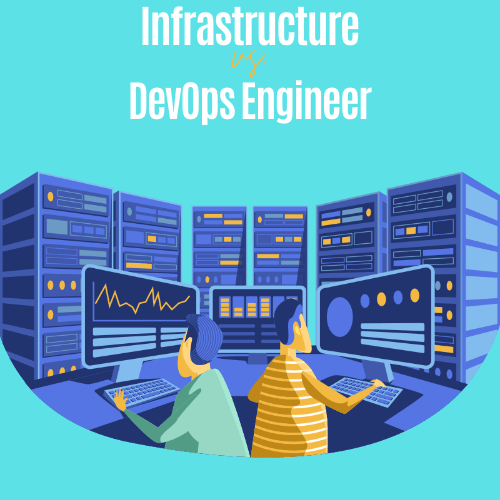Data Scientist vs. Data Analyst: Understanding the Differences
Data Scientists and Data Analysts are crucial for businesses looking to harness the power of data. While the terms are sometimes used interchangeably, there are distinct differences between the two roles. Whether you’re deciding on a career path or just curious about the differences, this article will help you understand the nuances between a Data Scientist and a Data Analyst.
Exploring the Roles of Data Scientists and Data Analysts: Key Differences and Career Insights
Data Analysts: Answering Known Questions
Data Analysts, sometimes referred to as Business Analysts, are typically tasked with addressing specific questions using historical data. Their work involves:
- Discovering Trends: For example, identifying the cause of a sudden drop in website traffic.
- Evaluating Effectiveness: Analyzing which advertisements were most effective in different locations.
- Market Analysis: Determining which new products are trending in various markets.
- Financial Analysis: Assisting with budgeting by identifying trends in a company’s revenue and costs.
- Risk Management: Identifying the likelihood of adverse events and their potential costs.
Data Analysts focus on solving concrete problems and extracting actionable insights from past data. They heavily rely on databases queried by SQL, and tools like Excel, Tableau, and PowerBI to visualize and analyze data.
Data Scientists: Finding the Right Questions
Data Scientists, on the other hand, work in a more exploratory manner. Their responsibilities often include:
- Data Collection and Structuring: Gathering and organizing data that might not yet exist in the company’s data warehouse.
- Building New Models: Creating new data models to uncover insights that weren’t previously considered.
- Identifying New Opportunities: Discovering unexpected relationships in data that lead to new questions and business opportunities.
A Data Scientist’s work involves using advanced tools and techniques such as machine learning, Python, and big data technologies like Hadoop and Spark. They delve into unstructured and dispersed data, applying sophisticated models to predict future trends and behaviors.
Key Distinctions
While there are overlaps, several key distinctions set Data Scientists and Data Analysts apart:
- Scope of Work
- Data Analysts: Primarily focus on analyzing structured data to provide insights on known questions and problems.
- Data Scientists: Engage in exploratory data analysis to discover new insights and questions, often dealing with unstructured data.
- Tools and Techniques
- Data Analysts: Use SQL, Excel, Tableau, PowerBI, and other business intelligence tools.
- Data Scientists: Employ programming languages like Python and R, and use machine learning frameworks such as TensorFlow and Scikit-learn.
- Nature of Insights
- Data Analysts: Provide actionable insights based on historical data.
- Data Scientists: Develop predictive models to forecast future trends and behaviors.
- Problem-Solving Approach
- Data Analysts: Focus on solving specific, predefined problems.
- Data Scientists: Aim to identify and solve new problems, often questioning existing assumptions.
 Education and Skill Requirements
Education and Skill Requirements
The educational paths for Data Analysts and Data Scientists can differ significantly:
Data Analysts:
- Education: Typically, a bachelor’s degree in fields like Business, Economics, Statistics, or a related field is sufficient.
- Skills: Proficiency in SQL, data visualization tools (e.g., Tableau, PowerBI), and statistical analysis is crucial. Familiarity with Excel and basic programming skills in Python or R can be beneficial.
Data Scientists:
- Education: Often require a higher level of education, such as a master’s degree or Ph.D. in fields like Data Science, Computer Science, Statistics, or Engineering.
- Skills: Advanced proficiency in programming languages (Python, R), machine learning algorithms, big data technologies (Hadoop, Spark), and statistical modeling. Strong analytical and problem-solving skills are essential, along with knowledge of distributed systems and cloud computing.
Career Path and Compensation
Transitioning from a Data Analyst to a Data Scientist is a natural progression, though it involves acquiring more advanced skills in computer science, machine learning, and handling big data. The compensation reflects the complexity of the roles:
- Data Analysts: Average base salary in the US is approximately $67,076.
- Data Scientists: Average base salary in the US is approximately $119,277.
Conclusion:
The lines between Data Analysts and Data Scientists are not always clear-cut, and the roles can sometimes overlap. Both professions are integral to data-driven decision-making and can lead to other advanced roles like Machine Learning Engineer. The evolving nature of data tools and techniques means that transitioning from one role to the other is becoming more seamless.
Ultimately, understanding the specific responsibilities and skill sets required for each role is essential for anyone considering a career in data, and for businesses aiming to leverage the full potential of their data resources.
Check out our “Best Tips for Recruiting Data Analysts & Scientists”


 Education and Skill Requirements
Education and Skill Requirements







